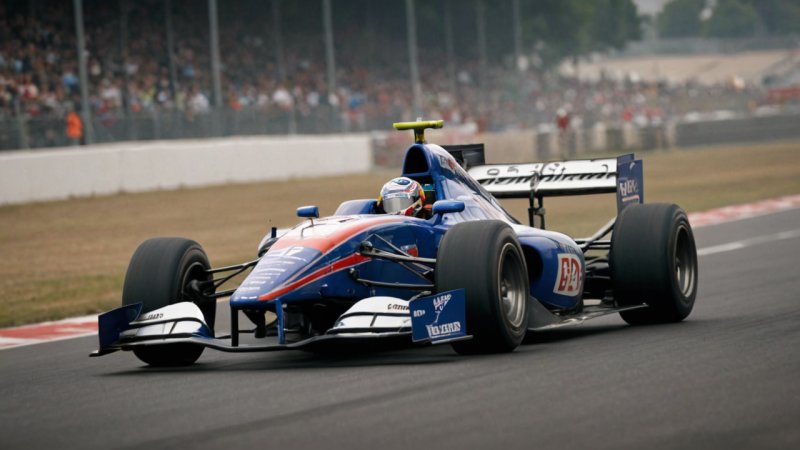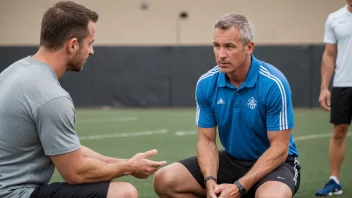In the fast-paced world of motorsports, quick reflexes can be the difference between crossing the finish line first or crashing out of a race. To delve deeper into this critical skill, we hypothetically spoke with Dr. Alex Carter, a renowned sports psychologist and reflex training expert with over 20 years of experience in motorsport performance coaching.
Understanding Reflexes in Racing
Interviewer: Dr. Carter, can you explain why reflexes are so crucial for motorsport athletes?
Dr. Carter: Absolutely! In racing, athletes are faced with rapidly changing environments. The ability to react swiftly can help drivers avoid obstacles, make split-second decisions during overtakes, and maintain control during high-speed maneuvers. Reflexes are essentially the body’s way of responding to stimuli without the delay of conscious thought, which is vital in racing.
Training Techniques for Reflex Development
Interviewer: What training techniques do you recommend for enhancing reflexes?
Dr. Carter: There are several effective methods. Here are a few:
- Reaction Drills: Practice drills that require immediate response to visual or auditory cues can sharpen reflexes. For example, using lights or sounds that prompt a specific action can simulate real racing conditions.
- Video Simulation: Using simulators to recreate race scenarios can enhance cognitive processing speed. This method helps drivers anticipate actions and react faster in real-time.
- Agility Training: Incorporating agility courses with sudden changes in direction can improve overall physical response time. This kind of training is not only beneficial for reflexes but also for overall coordination.
The Role of Mental Focus
Interviewer: How important is mental focus in relation to reflexes?
Dr. Carter: Mental focus is paramount. The mind must be sharp and attentive to recognize potential hazards or opportunities on the track. Techniques such as visualization can be very effective. By mentally rehearsing different racing scenarios, drivers can improve their anticipatory skills, which in turn enhances their reflex responses.
Physical Conditioning and Its Impact
Interviewer: Can physical conditioning influence reflexes?
Dr. Carter: Definitely. A well-conditioned athlete has better muscle response times. Strength training, flexibility exercises, and cardiovascular conditioning all contribute to an athlete's ability to react quickly. For instance, developing core strength can improve stability in a vehicle, allowing for better control during high-speed maneuvers, which directly impacts reflex efficiency.
Nutrition and Hydration for Optimal Performance
Interviewer: Is nutrition important for maintaining quick reflexes?
Dr. Carter: Yes, nutrition plays a critical role in overall performance. A balanced diet rich in antioxidants, vitamins, and minerals supports brain function and muscle recovery. Staying hydrated is equally important; even mild dehydration can impair cognitive function and reaction times. Drivers should focus on a diet that fuels both the body and mind.
Rest and Recovery
Interviewer: How does rest affect reflexes?
Dr. Carter: Rest and recovery are essential for optimal performance. During sleep, the body repairs itself, and the brain consolidates memories and learning experiences. Lack of sleep can significantly impair cognitive functions and reflexes, so drivers must prioritize rest as part of their training regimen.
Conclusion
In conclusion, developing quick reflexes is a multifaceted approach that involves specific training techniques, mental focus, physical conditioning, proper nutrition, and adequate rest. As Dr. Carter emphasizes, mastering these elements can lead to improved performance on the track and ultimately, racing success. By investing time and effort into refining reflexes, motorsport athletes can enhance their capabilities and stay safe while pushing the limits of their sport.






